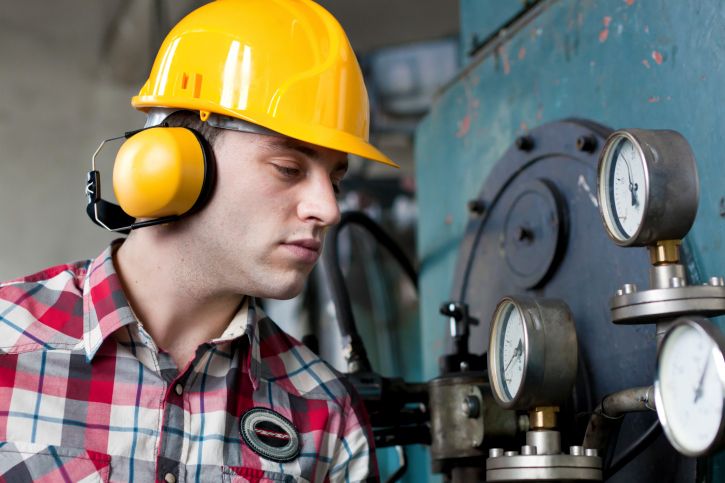Loud noises are an unavoidable hazard of working in the construction sector. The various tools and equipment used on work sites can generate high levels of noise that can have severe long-term consequences. Even exposure to loud noises for just a few minutes can have a significant impact on a worker’s long-term hearing. So, it’s essential to ensure that adequate protection is in place to reduce the health risks posed to people working in construction.
Under Irish law, for example, hearing protection must be made available if noise exposure levels will exceed 80dB. Even then, it’s still thought that millions of workers are exposed to “unacceptable” noise levels in the UK. In fact, noise-induced hearing loss is now the second-most common cause for employers’ liabilities claims for occupational health. It’s clear that more care still needs taking.
But what about the impact of hearing loss on the individuals concerned?
The long-term consequences of excessive noise
In the first instance, excessive noise can result in hearing loss – a condition that can’t be fixed or reversed. It becomes a lifelong – and life-changing – issue that people must come to terms with. And this in itself can be emotionally difficult. But the risks of excessive noise exposure in the workplace aren’t restricted to hearing loss.
Having to shout to a colleague in order to be heard over loud noises can often prove a stressful way to interact at work. It can also negatively impact a person’s concentration and productivity – which can slow down tasks and affect business performance. Lastly, excessive noise can lead to conditions such as tinnitus, which can impair cognitive performance and disrupt sleep.
Steps to help employees protect their hearing
The use of PPE is, admittedly, regarded as a last resort in working environments where excess noise is a feature. If the noise can’t be dampened or exposure time to employees limited, then PPE becomes a must-have. And that means having appropriate ear protection like ear defenders in noisy working areas, – such as construction sites, nightclubs, aviation, or commercial factories.
Other steps that employees can take to protect their hearing include regular breaks away from the noise source and keeping your ear canals clear of any obstructions. And did you know that giving up smoking can also help protect your hearing? The ability to hear is a precious sense – and employers and employees can both do much to lower the risks of excessive noise at work.
What legal responsibilities do employers have?
As mentioned, there is an obligation on Irish employers to provide hearing protection wherever workers are exposed to noise in excess of 80dB. If noise levels are more than 85dB, employers have to take even greater steps in addition to the supply of ear protection to mitigate the risks to workers. And 87dB is the absolute cut-off point to which no worker should be exposed to.
A risk assessment must also be carried out if employees are likely to be exposed to noise levels above 80dB – or if levels are likely to affect individuals where safety or health is at specific risk.


